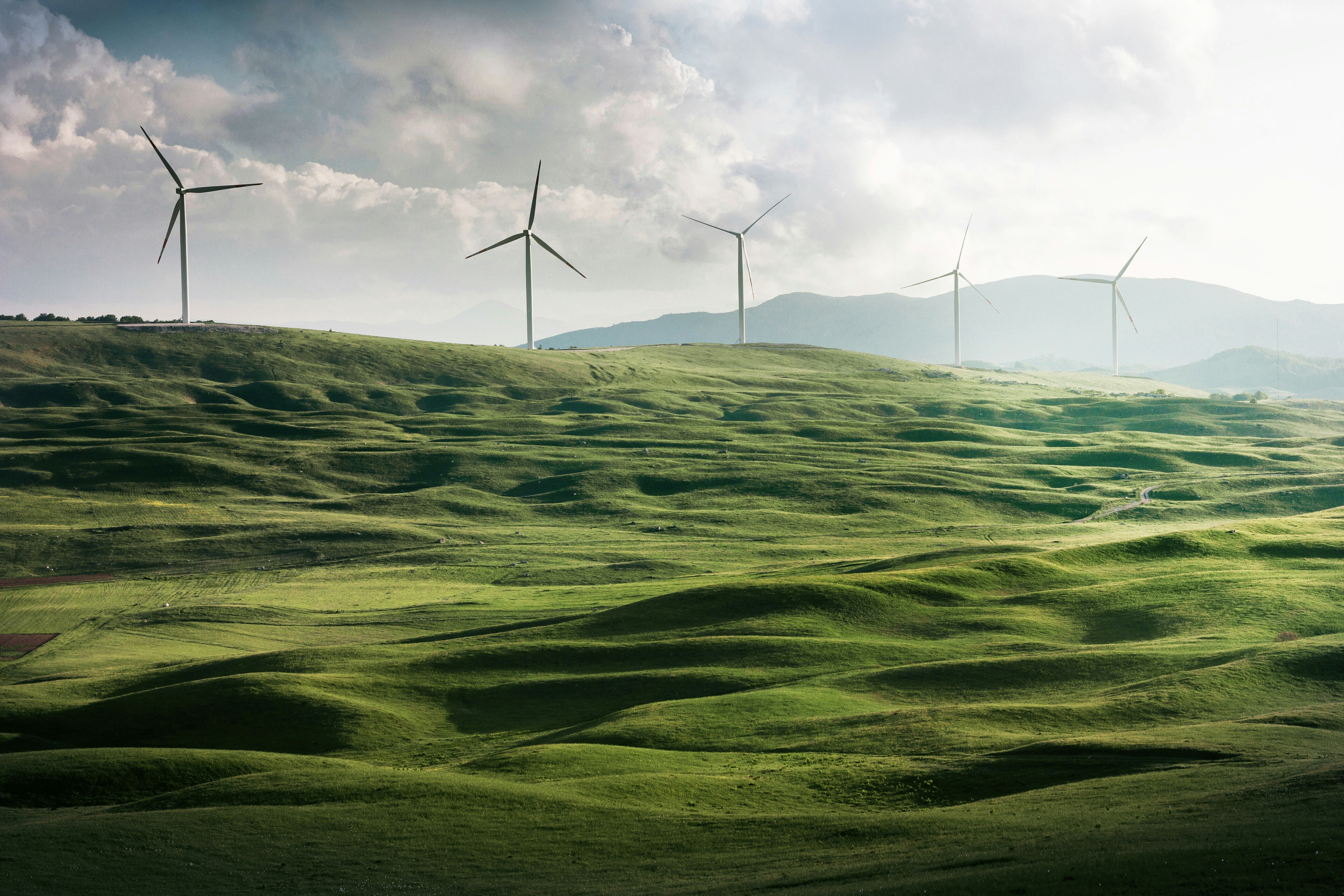Why China and California are trying to work on climate change without Trump

California will work with China's science ministry to develop carbon capture and other clean energy technologies.
Image: REUTERS/Thomas Peter
David Stanway
Climate and Environment Correspondent, ReutersStay up to date:
Climate Crisis
The state of California and China's Tsinghua University will establish a U.S.-China Climate Change Institute to cooperate on technology and research in the battle against global warming.
A decision by President Donald Trump last week to withdraw the United States from the 2015 Paris climate change accord raised concerns that joint initiatives by the world's two biggest emitters of climate warming greenhouse gases would come under threat.
But California has promised to step up cooperation, announcing on Tuesday it would work with China's science ministry to develop and commercialize know-how on carbon capture and storage and other clean energy technologies.
The new institute was unveiled at an event in Tsinghua with California governor Jerry Brown, who has been in Beijing this week to discuss deepening cooperation with China on climate and clean technology, after branding Trump's withdrawal from Paris as "insane".
The institute would focus not only on technological innovation, but also climate change policies and strategies, Yao Qiang, director of Tsinghua's Laboratory of Low Carbon Energy, told Reuters.
"In terms of sectors, it would happen in energy, for instance clean-coal tech which Tsinghua has in-depth research, transportation, architecture and renewable energy," he said.
Robert Weisenmiller, chairman of the California Energy Commission, said on Wednesday the state was working to bring together research institutions and establish joint incubator hubs with Chinese provinces, including Sichuan and Jiangsu.
Don't miss any update on this topic
Create a free account and access your personalized content collection with our latest publications and analyses.
License and Republishing
World Economic Forum articles may be republished in accordance with the Creative Commons Attribution-NonCommercial-NoDerivatives 4.0 International Public License, and in accordance with our Terms of Use.
The views expressed in this article are those of the author alone and not the World Economic Forum.
Forum Stories newsletter
Bringing you weekly curated insights and analysis on the global issues that matter.
More on Climate ActionSee all
Gill Einhorn and Dominic King
March 26, 2025
Victoria Masterson, Stephen Hall and Madeleine North
March 25, 2025
Gareth Francis
March 25, 2025
Yair Reem
March 25, 2025
Katerina Labrousse and Rhea Hamilton
March 25, 2025
David Elliott
March 25, 2025



